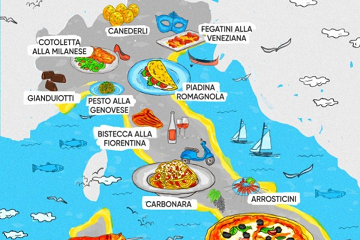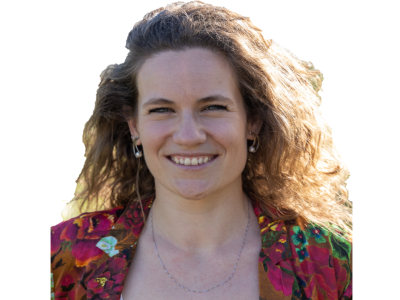
FSST 300: Experiencing Sustainable Italian Foodways (FSE Core Course)
Note: This 1-credit course is required for all students pursuing the Certificate in Food, Sustainability, & Environment (FSE). It is only open to students in the FSE.
You will automatically be enrolled in this course if you are in the program in Food, Sustainability, & Environment.
Course Description
In this one-credit course, students engage in a series of experiential learning activities designed to supplement their coursework in the program in Food, Sustainability, & Environment (FSE). Activities and related assignments are designed to give students hands-on experiences through which they can witness ideas being put into practice. The combination of on-the-ground activities combined with critical reflection on their experiences gives students in both the food studies track and the sustainability and environmental studies track opportunities to participate in co-curricular activities through which key topics and concepts are related to practical and applied situations and to engage in community-based learning and similar field experiences that connect classroom learning to real world problem-solving.
Course Objectives
By the end of the course, students will be able to:
- summarize how the series of co-curricular course activities supplemented and integrated with their classroom and community-engaged learning;
- generate a list of the various human and natural systems (at various scales) and the feedback loops between them, especially in Italy;
- articulate how the experiences in this course could be pursued in graduate work or be put into action in the service of real-world problem solving;
- compare methodologies across the disciplines represented in their classroom work;
- create a final meal that integrates experiential learning activities with classroom knowledge and use twenty-first-century research and communication tools to present a menu and explain the decisions that informed it.
Course Materials
A mandatory course reader will be made available in digital format on Moodle
Course Fee
n/a – Included in the Food, Sustainability, and Environmental Studies Program Supplement Fee.


